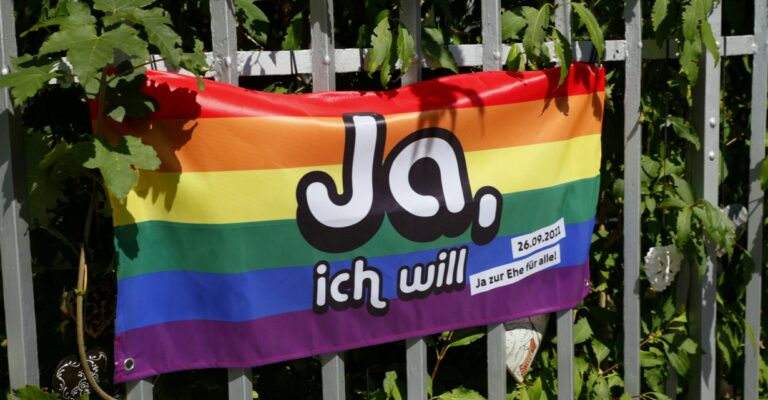
Switzerland agreed to legalese civil marriage and the right to adopt children for same-sex couples by a nearly two-thirds majority in a referendum on Sunday, making it one of the last countries in Western Europe to legalize same-sex marriage.
According to results provided by the Swiss federal chancellery, 64.1% of voters voted in favor of same-sex marriage in the nationwide referendum that was conducted under Switzerland’s system of direct democracy.
“We are very happy and relieved,” said Antonia Hauswirth of the national committee “Marriage for All”, adding supporters would celebrate in Switzerland’s capital Bern on Sunday.
Amnesty International said in a statement that opening civil marriage to same-sex couples was a “milestone for equality”.
However, Monika Rueegger of Switzerland’s right-wing Swiss People’s Party (SVP) and member of the referendum committee “No to Marriage for All” said she was disappointed.
“This was not about love and feelings, it was about children’s welfare. Children and fathers are the losers here,” she told Reuters.
The amended law will make it possible for same-sex couples to get married, and to adopt children unrelated to them. Married lesbian couples will also be allowed to have children through sperm donation, currently legal only for married heterosexual couples.
It will also make it easier for foreign spouses of a Swiss individual to get citizenship.
Swiss Justice Minister Karin Keller-Sutter told a media briefing the new rules would likely come into force on July 1 next year.
In a separate referendum, 64.9% of Swiss voters rejected a proposal to introduce a capital gains tax.
“It is a historic day for Switzerland, a historic day when it comes to equality for same-sex couples, and it is also an important day for the whole LGBT community,” said Jan Muller of the “yes” campaign committee.
Switzerland is the world’s 30th country to adopt same-sex marriages, and one of the last remaining western European nations to do so. The Netherlands was the first in 2001.
(With excerpts from BBC and Al Jazeera)






